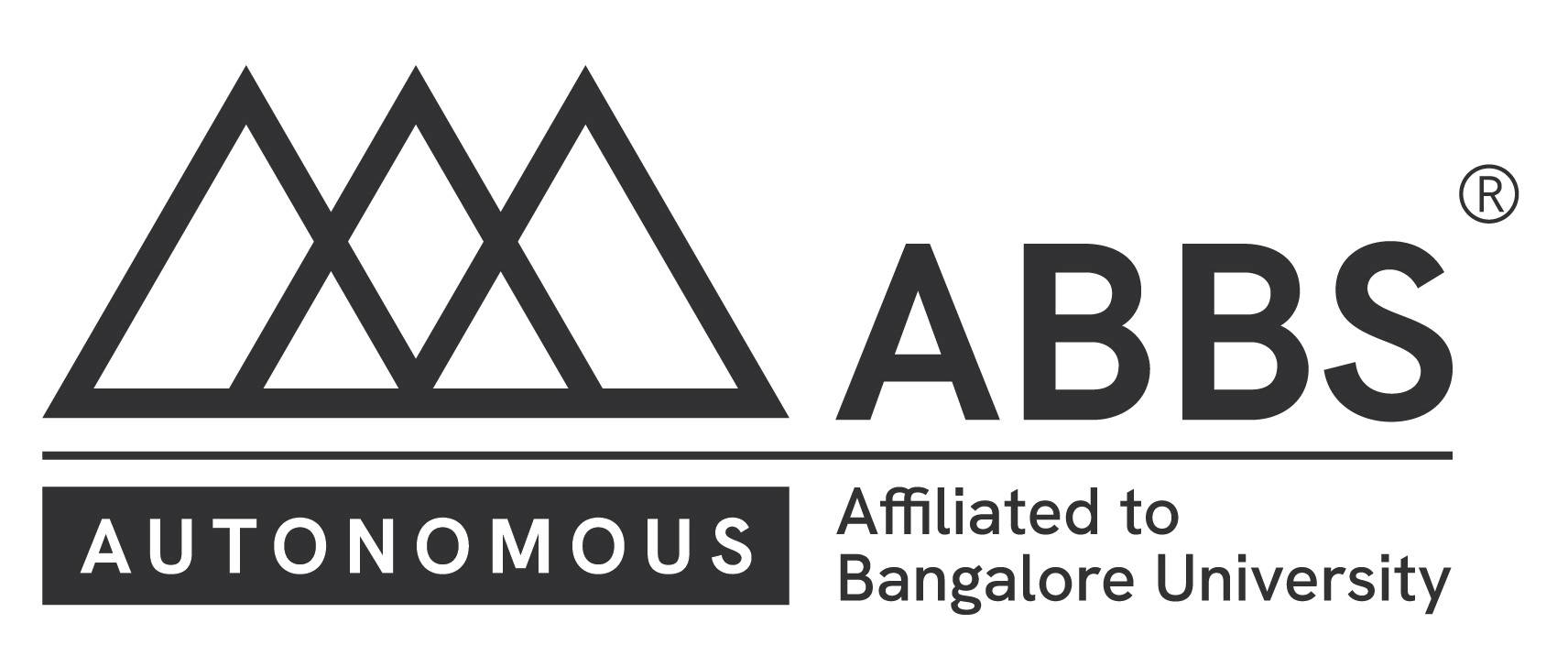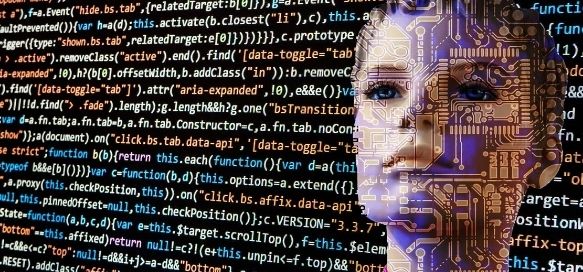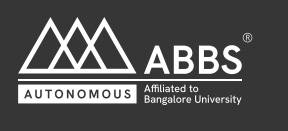If you had a crystal ball that showed the workplace of the future, you might not be surprised at what you see. The transformation is already taking form and it won’t be long before you find yourself in a different job market and doing a different type of job or working in an entirely different occupation.
The future of work is being driven by technologies that make tasks more efficient, precise, and value-generating. The landscape of emerging and disruptive technologies presents new opportunities and exciting possibilities for businesses in all industries. The question isn’t ‘if’ but ‘when’ a promising technology supported by a strong business case will be adopted. And the technologies that are already disrupting work – as we know it – are artificial intelligence and automation.
Impact of AI and automation on work Automation technologies eliminate repetitive manual tasks, delivering efficiency gains and cost savings for businesses. They will replace some, not all, workers in predictable, structured work environments. As an example, Amazon last year added technology to box up customer orders at their warehouses, a task that human workers had held until then. The taxing task was a key reason for attrition and the company said that displaced workers would be trained to enter more technical roles.
Shifts in workforce skills occur every 10-15 years. An automation-led shift will see a huge requirement for advanced technical skills, complex information processing, and higher cognitive skills such as critical thinking and creativity. Jobs that are difficult or impossible to automate, such as managers, teachers, nursing aids and counsellors, will be in higher demand.
There will be a further shift in the jobs you do and how we do them from the adoption of artificial intelligence technologies. Here too, the benefit will be the elimination of cumbersome, low-value tasks to upskill and perform value-generating work. The integration of AI tools in the workplace, from digital AI assistants for business analysts to virtual travel booking agents for agency owners, will lead to a spike in human-machine interaction. For automation strategies to reflect the desired benefits, companies should train employees to work alongside automated processes, and invest in reskilling those who remain so they can contribute meaningfully towards the future needs of the digital-led organization. Conversations around integrating automation and new technologies, and their impact on work, must begin early and handled sensitively.
The move to a hybrid work model The unprecedented coronavirus pandemic has made remote working the new normal but the likelihood of many workers continuing to work from home is high after the crisis is over. The hybrid work model – some employees working in office and some at home – will be visible at most organizations.
The shift has its advantages and disadvantages, which are specific to the industry. Some companies have probably realized their lack of preparedness while some have had a less challenging experience. A large technology firm that hasn’t migrated to the cloud or doesn’t have a structured remote working policy that includes providing distant workers with routers and the necessary systems to carry out work efficiently, will have struggled to respond agilely to the pandemic’s demands. For companies with established work-from-home policies, cloud applications, and video-conferencing tools, taking quick, decisive actions will have been easier and less painful.
Remote work will be for the long-term, as companies have declared. However, factors like geography, employees’ desire to return to a collaborative work environment, the impact on team performance from a hybrid set-up, and its costs vs benefits assessment will determine changes to the model. For instance, employees in India need to make more adjustments to their homes to support productive remote work compared to their western counterparts. In a survey of workers in the United States, 98% said they wanted the option to work remotely permanently.
Remote work can act as a barrier to the social connections forged at the workplace and reinforced during water cooler chats, ping-pong matches, and team lunches. The constant digital engagement from remote work can also affect mental health. Companies must find ways to maintain interpersonal connections and socially integrate new hires. They should also introduce work practices and offer online meditation and fitness classes that safeguard employees’ physical and mental health, allowing them to maintain a healthy work-life balance. Navigating recruitment trends Employees, graduates, and college aspirants must be aware of the technologies that companies are embracing to build their resilience to future disruptions. If you can help companies extract benefits from big data, the Internet of Things, artificial intelligence, and robotics, you will stand out in the job market. At the same time, recruiters will scrutinize your soft skills more intensely – advanced communication abilities, and a high level of social and emotional skills will demonstrate your ability to adapt to changing roles and flexible work models.
Graduates can consider doing certification courses that make them more valuable to potential employers. Employees should be mentally prepared to get comfortable with new tech tools. Those in roles that will likely be automated must think about acquiring digital skills related to their industry. Proactivity, positivity, and a commitment to learning are necessary to overcome (conquerable) barriers no matter what the future holds.
Acharya Bangalore B School





